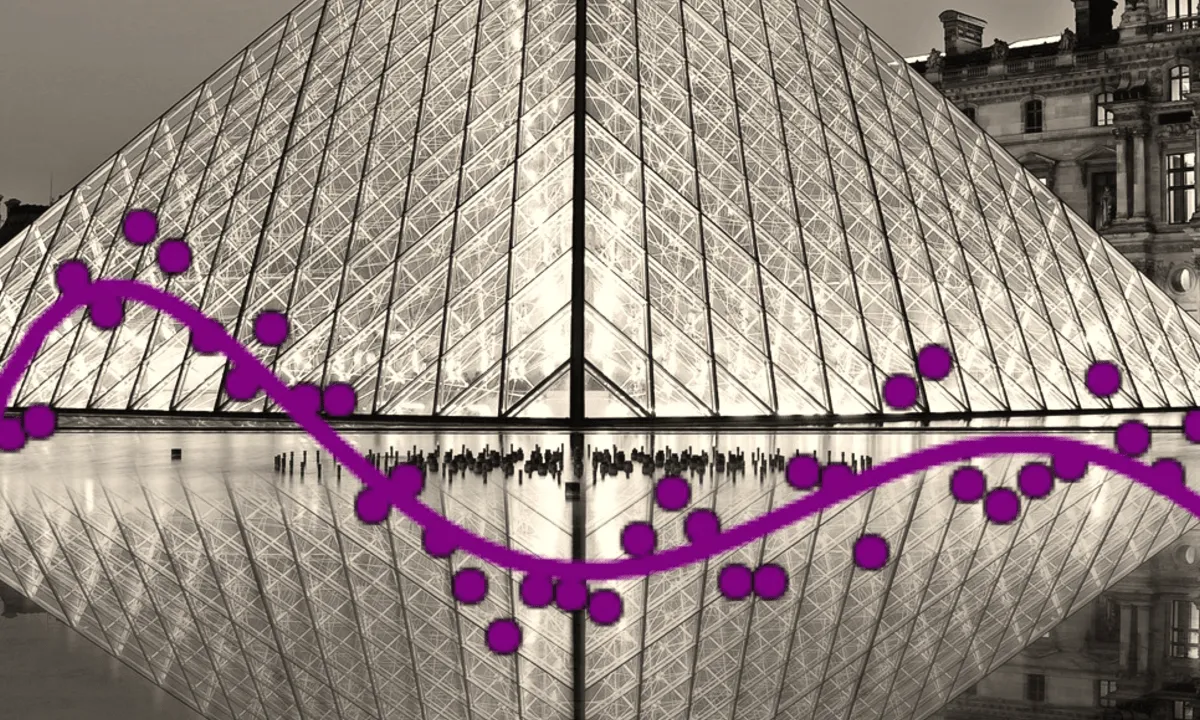
Engineering Physics 
Engineering Physics is a course designed to provide students with an understanding of the fundamental concepts and principles of engineering physics, as well as the opportunity to apply them in laboratory experiments. ▼
ADVERTISEMENT
Course Feature
![]() Cost:
Cost:
Free
![]() Provider:
Provider:
Udemy
![]() Certificate:
Certificate:
No Information
![]() Language:
Language:
English
Course Overview
❗The content presented here is sourced directly from Udemy platform. For comprehensive course details, including enrollment information, simply click on the 'Go to class' link on our website.
Updated in [March 06th, 2023]
Engineering Physics is a course offered to first year engineering students at Savitribai Phule Pune University (SPPU), Pune, India. The course code is 107002. It provides an introduction to the fundamental principles of physics and their application to engineering. Topics covered include mechanics, thermodynamics, electricity and magnetism, optics, and modern physics. The course also covers the use of mathematics in engineering physics, including vector calculus, differential equations, and numerical methods. The course is designed to provide students with a strong foundation in engineering physics and to prepare them for further study in engineering.
[Applications]
The application of the Engineering Physics course can be seen in various engineering disciplines. Students can use the knowledge gained from this course to understand the fundamentals of physics and apply them to their respective engineering fields. This course can also help students to develop problem-solving skills and analytical thinking. Additionally, the course can help students to understand the basic principles of physics and apply them to their engineering projects. Furthermore, the course can help students to develop a better understanding of the physical world and its applications.
[Career Paths]
1. Robotics Engineer: Robotics engineers design, build, and program robots. They use their knowledge of engineering physics to create robots that can perform a variety of tasks. Robotics engineers are in high demand due to the increasing use of robots in manufacturing, healthcare, and other industries. The development of artificial intelligence and machine learning technologies is also driving the demand for robotics engineers.
2. Aerospace Engineer: Aerospace engineers use their knowledge of engineering physics to design, build, and test aircraft, spacecraft, and missiles. They are responsible for ensuring that these vehicles are safe and efficient. Aerospace engineers are in high demand due to the increasing demand for air travel and space exploration.
3. Automotive Engineer: Automotive engineers use their knowledge of engineering physics to design, build, and test cars, trucks, and other vehicles. They are responsible for ensuring that these vehicles are safe and efficient. Automotive engineers are in high demand due to the increasing demand for fuel-efficient and autonomous vehicles.
4. Nuclear Engineer: Nuclear engineers use their knowledge of engineering physics to design, build, and operate nuclear power plants. They are responsible for ensuring that these plants are safe and efficient. Nuclear engineers are in high demand due to the increasing demand for clean and renewable energy sources.
[Education Paths]
Engineering Physics is a field of study that combines the principles of physics with the principles of engineering. It is a multidisciplinary field that combines the knowledge of physics, mathematics, and engineering to solve problems in the real world. It is a field of study that is rapidly growing in popularity due to its ability to solve complex problems in a variety of industries.
1. Bachelor of Science in Engineering Physics: This degree program focuses on the fundamentals of physics and engineering, and provides students with the skills and knowledge necessary to pursue a career in engineering physics. Students will learn about the principles of physics, mathematics, and engineering, and how to apply them to solve real-world problems. This degree program is becoming increasingly popular due to its ability to provide students with the skills and knowledge necessary to pursue a career in engineering physics.
2. Master of Science in Engineering Physics: This degree program focuses on advanced topics in engineering physics, such as quantum mechanics, optics, and materials science. Students will learn about the principles of physics, mathematics, and engineering, and how to apply them to solve complex problems in a variety of industries. This degree program is becoming increasingly popular due to its ability to provide students with the skills and knowledge necessary to pursue a career in engineering physics.
3. Doctor of Philosophy in Engineering Physics: This degree program focuses on the most advanced topics in engineering physics, such as quantum mechanics, optics, and materials science. Students will learn about the principles of physics, mathematics, and engineering, and how to apply them to solve complex problems in a variety of industries. This degree program is becoming increasingly popular due to its ability to provide students with the skills and knowledge necessary to pursue a career in engineering physics.
4. Master of Engineering in Engineering Physics: This degree program focuses on the application of engineering physics principles to solve real-world problems. Students will learn about the principles of physics, mathematics, and engineering, and how to apply them to solve complex problems in a variety of industries. This degree program is becoming increasingly popular due to its ability to provide students with the skills and knowledge necessary to pursue a career in engineering physics.
Course Syllabus
Electromagnetic Waves
LASER
Wave Mechanics
Semiconductor Physics
Pros & Cons

Well organized

Clear structure

Comprehensive coverage

Engaging content

Interesting topics

High workload

Difficult concepts

Time consuming

Challenging exams

Limited resources
Course Provider

Provider Udemy's Stats at AZClass
Discussion and Reviews
0.0 (Based on 0 reviews)
Explore Similar Online Courses

Approximation Algorithms Part I

Python Coding Projects Build a Web App Login Brute-Force

Python for Informatics: Exploring Information

Social Network Analysis

Introduction to Systematic Review and Meta-Analysis

The Analytics Edge

DCO042 - Python For Informatics

Causal Diagrams: Draw Your Assumptions Before Your Conclusions

Whole genome sequencing of bacterial genomes - tools and applications

Matrices for physics

AP Physics C - Electricity & Magnetism: Exam Prep

Free Physics Tutorial - Basics of Physics - Motion
 Related Categories
Related Categories
 Popular Providers
Popular Providers
Quiz
 Submitted Sucessfully
Submitted Sucessfully
1. Which of the following is a unit of energy?
2. Which of the following is a unit of power?
3. Which of the following is a unit of force?


Start your review of Engineering Physics